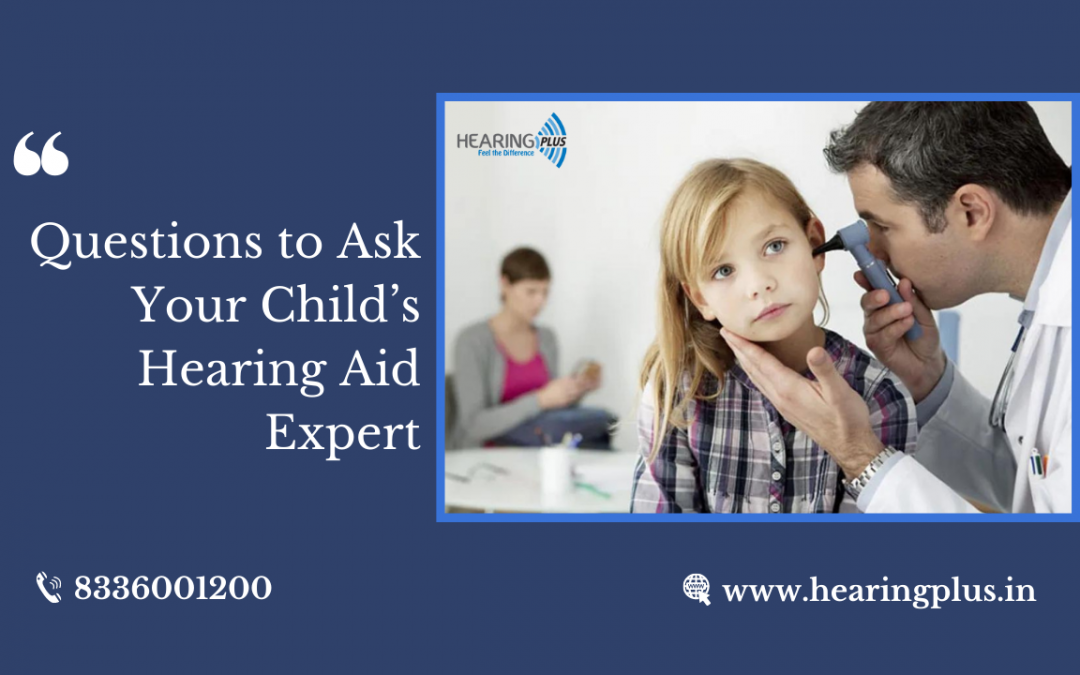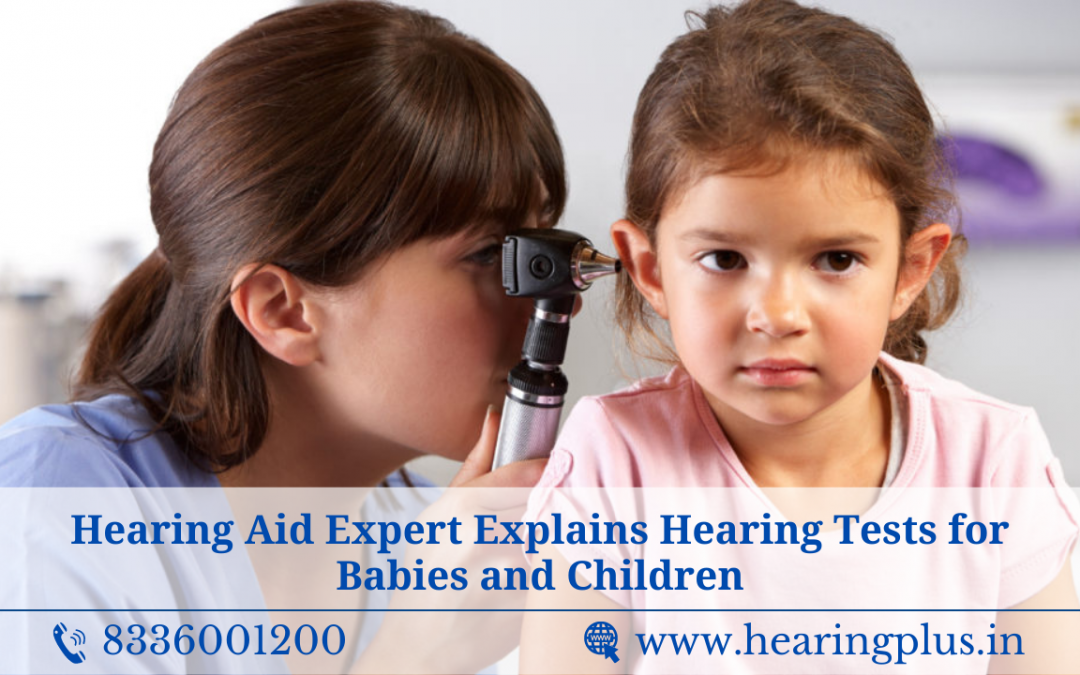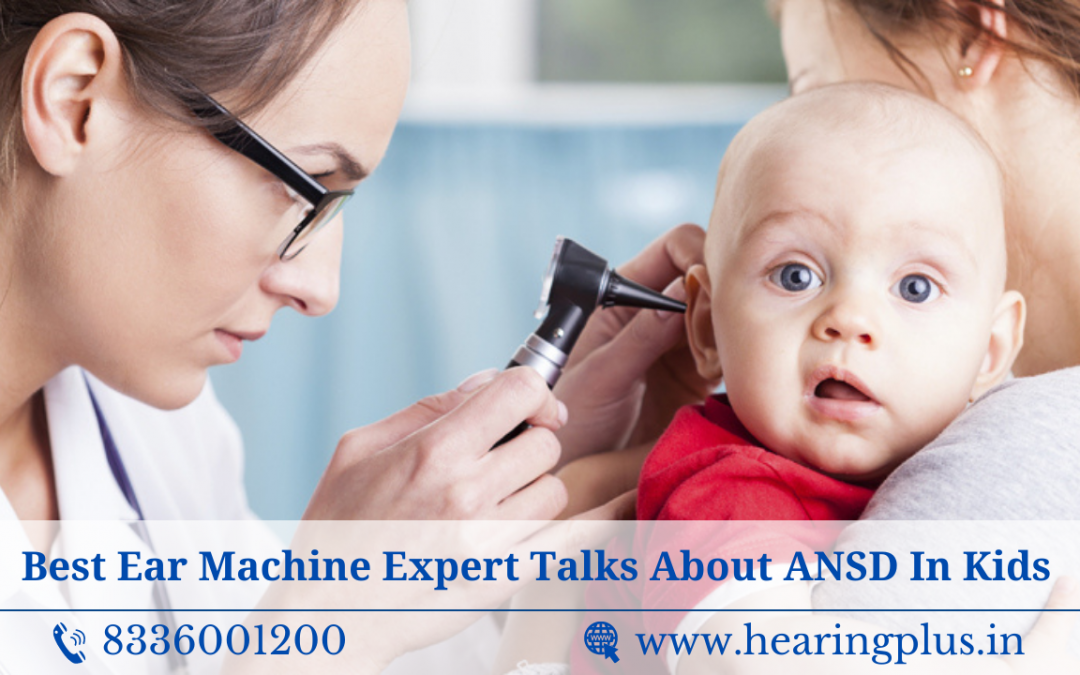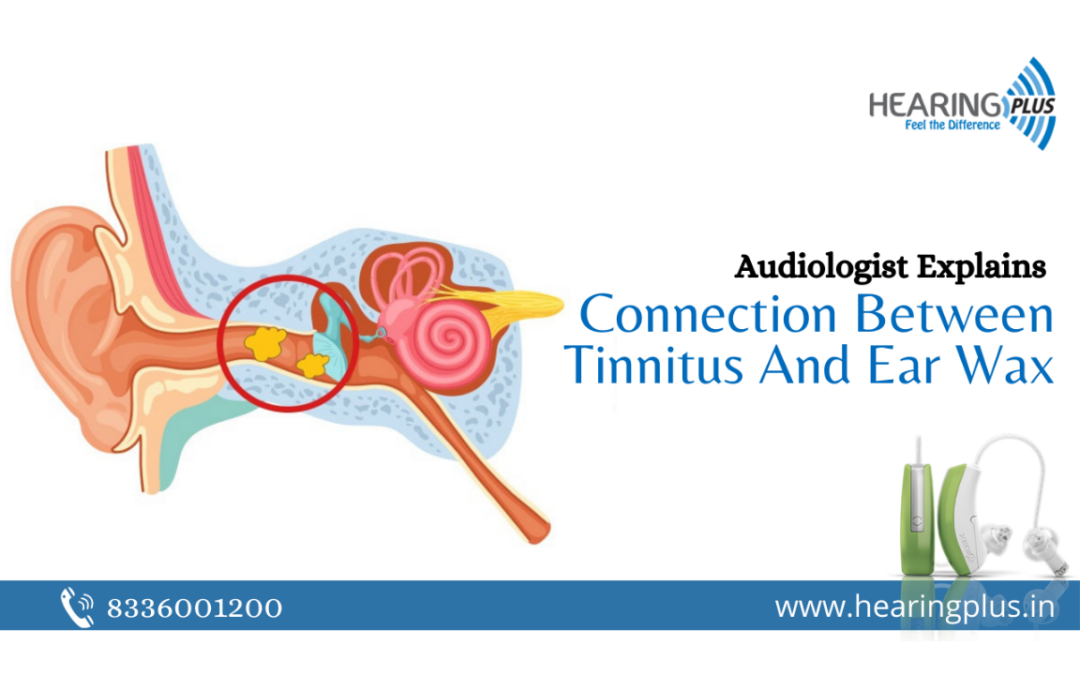
by admin | May 17, 2022 | Hearing Loss, Hearing Loss Treatment
It’s scary as a parent to consider the effects of a hearing loss on your child’s development and future. Children with hearing conditions no longer have to suffer from developmental delays, jeopardized safety, or living with less-than-adequate hearing like before, thanks to modern treatment options, says the expert of hearing loss treatment in Kolkata.
Many parents who bring their child to an audiologist’s office have never had hearing problems, so they are understandably concerned. Ask your child’s audiologist the following questions to fill in knowledge gaps and boost your confidence about the situation.
1. What type and severity of hearing impairment does my child have? Please define the terms for me.
Sensorineural, conductive and auditory neuropathy are terms that most people are unfamiliar with. If these terms come up while your audiologist explains your child’s hearing condition, be sure to ask for definitions and simplified explanations.
The more you know about your child’s hearing condition, the better prepared you’ll be to stay involved in the treatment process and assist them in receiving the best care for years to come, says the expert of hearing test in Kolkata.
2. Is my child’s hearing loss permanent? Will it improve or worsen?
Some hearing conditions that children are born with can be treated with surgery and therapy, while others will require treatment and monitoring for the rest of their lives. Your audiologist may not have all the answers about how your child’s body will react to the treatment. Still, they have the best knowledge and experience to give you a realistic outlook and the most comprehensive treatment options as your child grow and as the hearing needs change.
3. How will my child’s speech and language development be affected by their hearing loss?
Hearing conditions do not have to interfere with a child’s early speech and language learning if it is detected early enough. The longer a hearing condition goes undiagnosed and untreated, the more difficult it will be for a child to make up for a lost time, even with surgery, hearing aids and speech therapy. Your audiologist will be open and honest with you about how your child’s hearing condition will affect them as they grow older, says the expert of hearing loss treatment in Kolkata.
It’s not easy to discover that your child has a hearing problem. Still, with the right treatments, therapy and counseling from an experienced audiologist, children can live healthy, normal lives despite their hearing loss. Seek answers to these questions during your first visit to ensure you’re prepared to assist your child in any way possible, says the expert of the hearing aid centre in Kolkata.

by admin | Apr 11, 2022 | Hearing Loss Treatment
Hearing Impairment in Infants and Children
According to a specialist of hearing aid fitting in Kolkata, a child’s capacity to develop speech, language, and social skills might be hampered by hearing loss. If you suspect a kid has hearing loss, make an appointment with the child’s doctor as soon as possible. Please don’t put it off!
What are the different kinds of hearing tests?
Your child’s healthcare professional will do a full health history and exam as part of a hearing assessment. Furthermore, there are several types of hearing exams. Some of them can be used on people of various ages. Others are employed depending on your child’s age and degree of comprehension.
A newborn baby’s hearing tests
There are two types of neonatal hearing screening procedures. These can be used separately or in combination:
Evoked otoacoustic emissions (EOAE)
It is a test that involves inserting a small, flexible plug into the baby’s ear. The plug is used to send sounds. The otoacoustic reactions (emissions) of the normal ear in response to the noises are recorded by a microphone in the plug. An infant with hearing loss has little to no emissions. This test is painless and usually just takes a few minutes, says the expert of an ear machine clinic in Kolkata.
Auditory brainstem response (ABR)
It is a test in which wires (electrodes) are adhered to the baby’s scalp with adhesive. While the baby sleeps, tiny earphones in the baby’s ears make clicking sounds. The test monitors the activity of the brain in reaction to noises. This test, like EOAE, is painless and only takes a few minutes.
A toddler’s hearing tests
Along with the tests indicated above, a toddler’s hearing evaluation may involve the following:
Play audiometry
It is a test in which electrical equipment sends noises of varying volumes and pitches into your child’s ears. In the toddler age range, this exam is somewhat modified and turned into a game. Every time the sound is heard, the child is prompted to perform something with a toy (such as touch or move a toy). This exam is dependent on the child’s cooperation, which isn’t always available, says the specialist of an ear machine centre in Kolkata.
Visual reinforcement audiometry (VRA)
It is a test in which the child is instructed to gaze in the direction of a sound source. When the child delivers the proper response, they are rewarded with visual reinforcement. This might be a moving toy or a flashing light. The test is most commonly performed on children aged 6 months to 2 years.
Hearing tests for an older child
A hearing evaluation for a kid older than 3 to 4 years old may involve the tests mentioned above, as well as the following:
Pure tone audiometry
It is a test in which electrical equipment produces noises of varying volumes and pitches in your child’s ears. When the tone is heard, the child is simply requested to reply in some way.
Tympanometry (also called impedance audiometry)
It is a test that may be performed in most healthcare providers’ offices to determine how the middle ear is functioning. It does not indicate whether or not the child is hearing. It does, however, aid in detecting any changes in pressure in the middle ear.
For more details, contact Hearing Plus, says the specialist of hearing aid fitting in Kolkata.

by admin | Mar 22, 2022 | Hearing Loss Treatment
What Is Auditory Neuropathy Spectrum Disorder (ANSD)?
The ear collects sounds from its surroundings and converts them into messages that the brain can understand. However, these messages can become jumbled at times. Other times, the sounds do not make it to the brain. This is known as an auditory neuropathy spectrum disorder (ANSD), says an expert of hearing aids in Kolkata.
Children with ANSD may:
- Have trouble differentiating one sound from another
- Not understand speech clearly
- Hear sounds that fade in and out
- Seem as though their hearing changes
The good news is that with the help of medical devices, therapy and visual communication techniques, children with ANSD can develop their communication skills.
What Causes ANSD?
Auditory neuropathy spectrum disorder occurs when the hearing (auditory) nerve is damaged somehow. This is the connection between the cochlea (which converts sounds into messages) and the brain, says a specialist of hearing machine in Kolkata.
Children born prematurely or have an ANSD family member are more likely to have it. Other than this some children can also suffer from this condition who:
• Had severe jaundice at birth;
• Had low oxygen before or after birth;
• Received certain medicines that can cause damage to the inner ear or hearing nerve; or
• Have genetic or neurologic conditions
• Suffered a head injury
What Are the ANSD Signs and Symptoms?
ANSD symptoms can appear at any age, but most children are born with it. The hearing loss can range from mild to severe. Some children hear sounds normally but have difficulty understanding speech clearly, says the expert of best ear machine in Kolkata.
Even if a child passes a hearing screening, hearing issues may develop later in life. Consult an audiologist if your child does not reach these hearing milestones in the first year of life:
• Startling to sudden loud noises for newborns.
• Recognizing a parent’s voice by 3 months.
• By 6 months, turning the head or eyes toward a new sound and repeating sounds.
• By 12 months, they are babbling, responding to their name, imitating words and saying a few words like “mama” or “bye-bye.”
As the child with ANSD grows older, the following symptoms of hearing loss may appear:
• Limited, ambiguous, or non-existent speech
• Failing to pay attention or follow directions
• Failing to respond to conversation-level speech or responding inappropriately
• Becoming frustrated when there is a lot of background noise
• Requiring a higher TV volume
• Learning difficulties
Contact Hearing Plus, a centre of hearing aids in Kolkata, if your child suffers from hearing loss.

by admin | Dec 30, 2021 | Hearing Loss Treatment
Introduction
Tinnitus is a condition that causes the occurrence of ringing or other noises in one or both ears. It can be challenging for some people to determine why they experience tinnitus, as it can occur due to many reasons, such as noise-induced hearing loss, medication or medical conditions. However, if one has recently started to suffer from tinnitus, the problem may have something to do with earwax within their ear canal, says the tinnitus audiologist of Hearing Plus, a well-known hearing aid centre.
Tinnitus and earwax
Earwax is a substance made by glands in the ear, which protects the inside of the ear by acting as a filter, catching debris. The only necessary cleaning method for the earwax is the periodic wipe of the outer ear with a damp cloth. Pushing objects like cotton swabs into the ear can result in severe damage and pain.
Earwax generally does not cause any problem; however, some may experience impaction. Impaction is the build-up of earwax in the ear and the condition is often accompanied by tinnitus. Cleaning tools like cotton swabs and earbuds can push earwax back into the ear canal, causing a blockage. People who produce dry earwax might encounter build-up more frequently.
Symptoms of impaction
According to the audiologist, impaction comes with several symptoms, such as:
- Loss of hearing
- Earaches
- Congestion of the ear
- Dizziness
- Tinnitus
- Odour
- Discharge
Treatment for earwax blockage
Earwax removal techniques are not meant to be done at home and should always be performed by a professional.
There are several methods used to remove earwax impactions. These could be harmful if done irresponsibly and only an experienced practitioner should perform the treatment, says the audiologist.
The treatment involves the use of earwax softening drops to soften the earwax. Then a micro-suction method is used to treat earwax blockage. The method consists of using a microscope to magnify the inside of the ear canal. The earwax is then removed utilising a small suction device.
Will tinnitus go away after removing earwax?
If the compacted earwax has caused the tinnitus, then yes, there is a possibility that the problem will be resolved by removing the wax.
If one has earwax build-up and tinnitus occurring around the same time, then there is a higher chance of earwax causing the issue.
Will tinnitus worsen after removing earwax?
A small number of people can find a momentary increase in their tinnitus after the treatment. It happens due to increased sound travelling through the ear canal after removing the blockage. But the increased sensitivity and tinnitus should resolve by themselves relatively quickly.
If you suffer from tinnitus, contact Hearing Plus, the best ear machine centre in Kolkata.




